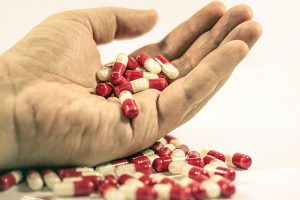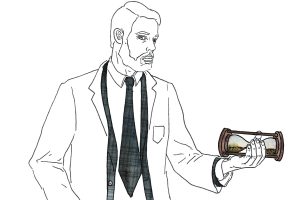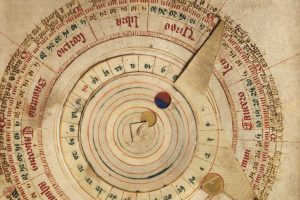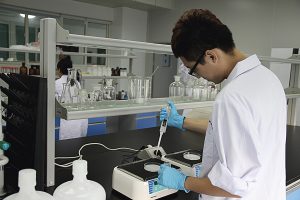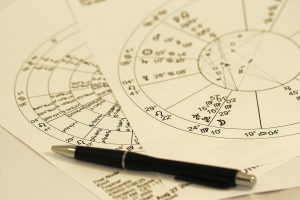Search
Almost anything can induce a placebo effect: the point is to create an expectation of improved health.
What do you feel when you thnk about science? There are people who feel nothing at all and so they prefer other readings. I imagine that you will have many different ones, but which is the most prevalent, the one that weighs most heavily?
In this text we examine the degree of acceptance of these beliefs in high-school science teachers-in-training, among which significant levels of acceptance of pseudoscience have been detected.
Discourse about pseudoscience usually accompanies dialogue about science. Despite attempts to separate the two domains, people still rely on pseudoscientific remedies.
Rarely does pseudoscience address the formation of aircraft trails in the sky. These trails are usually discussed by conspiracy theorists, rather than by pseudoscience.
As a set of pseudoscientific ideas, clinical pseudopsychology has a peculiar characteristic: it has established an entire tradition parallel to psychology, with numerous branches and interrelated theoretical and practical developments.
Pseudoscience (false science) and science based on faulty and biased studies (bad science) produce false or uncertain knowledge, with poor or no evidence.
Alternative medicine has a high social prevalence, being promoted by well organized groups that have developed an intricate rhetoric in order to self-justify in the absence of evidence. This article will analyse some of these arguments, some of their fallacies, other styles of reasoning, and other misconceptions of scientific concepts.
Both the scientific and philosophical problems with classic pseudosciences such as astrology and creationism are well known. Most fields of inquiry have controversial areas that inspire suspicions of systematic intellectual malpractice.
This paper develops an epidemiological approach to account for the typical features and popularity of pseudoscience and discuss several factors that promote the dissemination of pseudoscientific beliefs.
- 1
- 2

